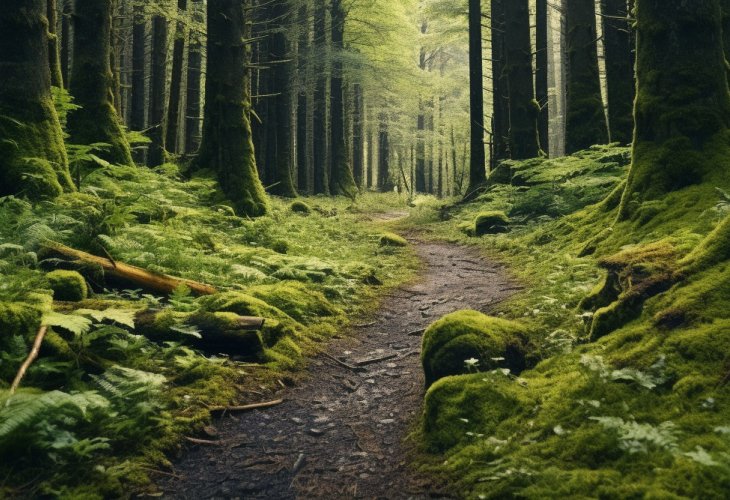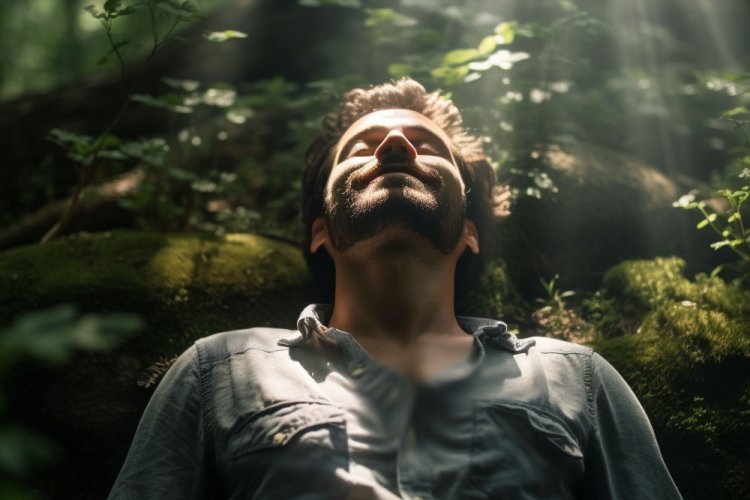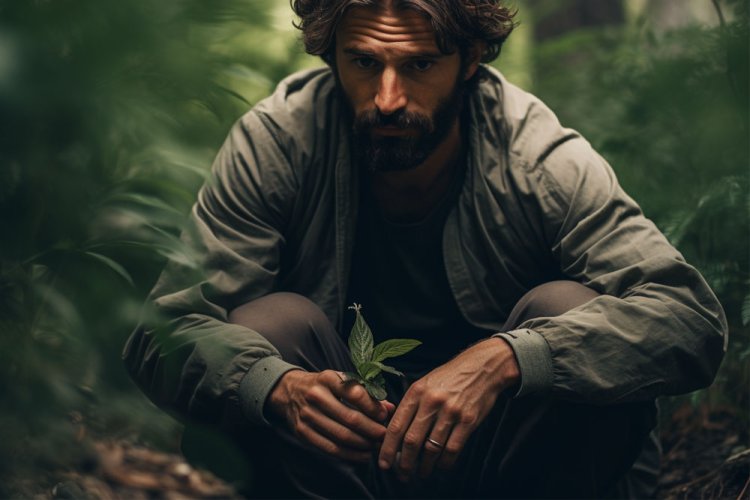Personality Development
Is Life Stressing You Out? Try a Forest Bath
Discover the unique practice of Forest Bathing—no water or soap required, just nature's tranquility.

I first heard about the method called "Forest Bathing" a few years ago. Initially, I thought to myself: "Why does such a simple action need such an odd name?" But after delving deeper into the practice, I understood its significance and the exact reason for using the term "bathing."
According to the Japanese, "Forest Bathing" is designed to naturally improve and strengthen health by being in close proximity to trees. It's not about a strenuous hike with a backpack, but rather simple time spent in nature—watching the sky, trees, birds, and perhaps even collecting leaves, if you really want to take it to the extreme. The goal is singular: immerse in the forest atmosphere (hence the name) while disconnecting from other stimuli, like phones, music, and daily stressors.

Forest Bathing has become part of a national wellness program in Japan. As early as 1982, the Forestry Agency in Japan coined the term Shinrin-yoku and promoted it as a form of therapy. Add to this the fact that marveling at nature is a common pastime in Japan, and forest bathing has become a lasting trend.
There Are Research Studies, Too
Between 2004 and 2012, the Japanese government invested $4 million into studying the psychological and physiological effects of forest bathing. In parallel, the government established 48 therapy trails based on the results.
The research found that forest bathing lowers heart rate and blood pressure, reduces stress hormone production, enhances immune system function, and improves overall well-being.
Professor Qing Li from the School of Medicine in Tokyo measured the activity of "natural killer cells," cells whose job is to destroy virus-infected cells or cancer-developing cells, before and after forest exposure. The 2009 study showed a significant increase in the activity of natural killer cells in the week following a forest visit, with positive health effects lasting up to a month after the visit.

According to the studies, Forest Bathing impacts health in several important ways:
- Improves immunity against cancer development and infectious diseases
- Reduces the risk of heart disease
- Decreases the risk of diabetes and obesity
- Enhances sleep and promotes a vigorous feeling during the day
- Improves mood and decreases the likelihood of depression
- Enhances skin health and enables better recovery for sore muscles.

The Japanese Even Dedicate Special Forests for This!
The Japanese government went further and designated special forests specifically for forest bathing. To approve a forest for this purpose, two criteria must be met:
The forst must be made up mainly of coniferous trees (like pines or cedars)
There must be a significant increase in immune system cells in the blood of people who spent time in that forest, as part of testing the location.
How Do You Do It?
Once a month (at least), go to a forest or another nearby natural area, and simply spend time there. Relax leisurely on the ground, take a slow walk among the trees, paying attention to the leaves, soil, and nature, and completely release all daily concerns (as much as possible).
Once a month is the recommended frequency because the benefits last for up to 30 days.

What If There's No Forest?
If there is no forest in your area, a city park, a tree-lined avenue, grass, or any other natural area can be effective. Go out into nature, smell flowers, touch the soil, feel a fallen leaf between your fingers—do something to truly connect with creation.
Some effects of coniferous forests arise from exposure to chemicals these plants emit. If you really want to bring the forest home, you can use essential oils of cypress, pine, juniper, cedar, and fir in the home. Using an electric diffuser will spread the scent most effectively.

This article is for informational purposes only and should not be considered professional advice.

